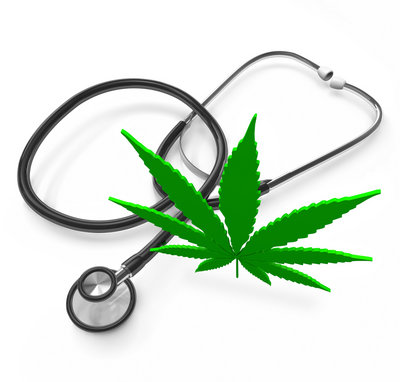Last week the state Department of Health and Senior Services (DHSS) announced that a medical treatment facility in Secaucus will be among six places or groups licensed by the state of New Jersey to run nonprofit alternative treatments centers (ATC’s) for dispensing medicinal marijuana.
Foundation Harmony of Cliffside Park will operate the Secaucus facility.
Another Hudson County ATC is the Compassionate Care Centers of America Foundation, based in Jersey City. It will dispense medicinal marijuana from a facility in New Brunswick.
The six ATCs were selected from 35 applicants.
“The successful applicants presented comprehensive and high quality proposals including sound financial plans and appropriate security measures,” said DHSS Commissioner Poonam Alaig, M.D.
“It’s good news for the many residents who could benefit greatly from prescribed medicinal marijuana.” – Vincent Prieto
________
If you’re wondering if you should start those pot plants in the backyard or on the fire escape, the answer is no. According DHSS, nonprofit growers will be chosen through a public, competitive process.
Only people with severe illnesses will be approved for treatment with marijuana, and they will only be entitled to a maximum of two ounces in any 30-day period.
The ATCs are expected to be up and running this summer.
Pot law
Early last year, the state’s medicinal marijuana law passed both houses in the state legislature and was signed by then Gov. Jon Corzine, a Democrat.
Though the new Republican governor, Chris Christie, expressed concerns about the safety and security of dispensing medicinal marijuana in the state, he did not scuttle the law, which was cosponsored by Assemblyman Vincent Prieto (D-32 Dist.).
Prieto welcomed the selection of the six New Jersey ATCs.
“It’s obviously good news for the many residents of the state of New Jersey who have ailments and could benefit greatly from prescribed medicinal marijuana,” said Prieto, a Secaucus resident who represents several towns..
But getting grass will not be a walk in the park.
“It will be very closely monitored through the state,” Prieto said. “It’s something we want to control completely. A lot of people will benefit who are ill, but safeguards will be put in place, and it is not something that will be readily available to anybody out there.”
For one thing, according to DHSS spokesperson Donna Leusner, “You have to attest that you qualify as a patient, that you have one of the conditions that the legislation set out for the program.”
Physicians who want to prescribe medicinal marijuana have to register with DHSS.
“The physician has to attest that the patient is undergoing treatment for a debilitating condition and that medicinal marijuana would relieve symptoms,” Leusner said.
The physician also has to have an ongoing relationship with the patient, checking in on a regular basis, not only to assess the patient’s condition but also the patient’s reaction to marijuana, according to Leusner.
Reefer rules
Among the debilitating medical conditions approved for treatment with medicinal marijuana are amyotrophic lateral sclerosis (ALS), terminal cancer, muscular dystrophy, inflammatory bowel disease, as well as some conditions that cause chronic pain and nausea.
Given these severe illnesses, many patients will not be able to get to the ATC. According to the DHSS, a patient can identify a primary caregiver who must register with the ATC and undergo a criminal background check.
The DHSS website (http://www.nj.gov/health/med_marijuana.shtml) has a comprehensive FAQ section on medicinal marijuana. Here are some facts:
-Dispensaries will not deliver
-Patients are allowed a maximum of two ounces of medicinal marijuana in any 30-day period
-Patients cannot consume medicinal marijuana at the ATC site
-Patients and caregivers must pay a registration fee of $200, which is valid for two years
-Medicaid does not cover medicinal marijuana.
Visit the DHSS website for updates.
Kate Rounds can be reached at krounds@hudsonreporter.com..
